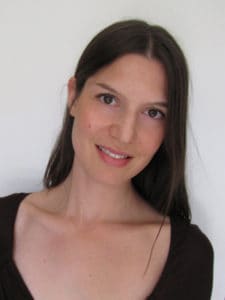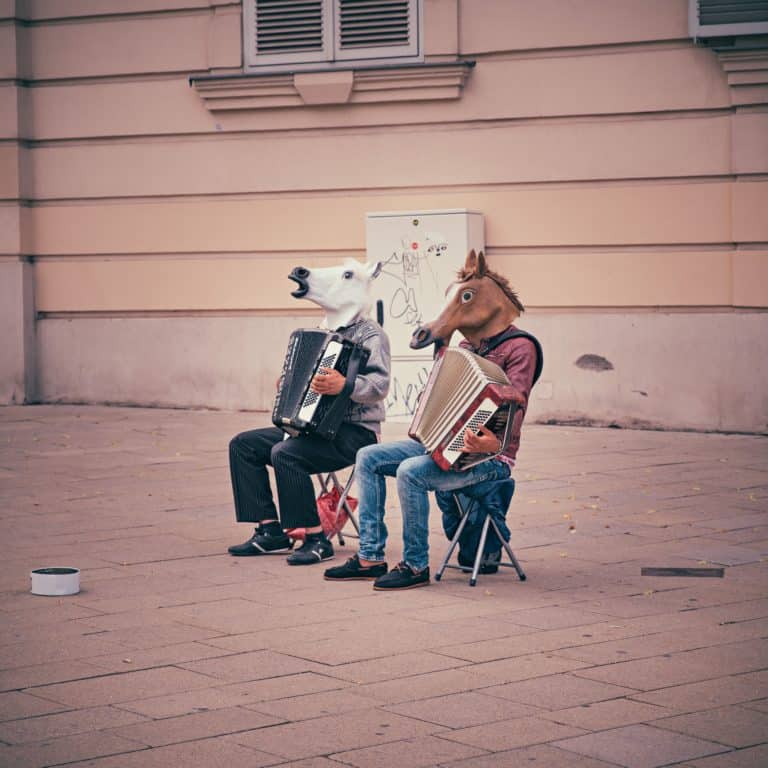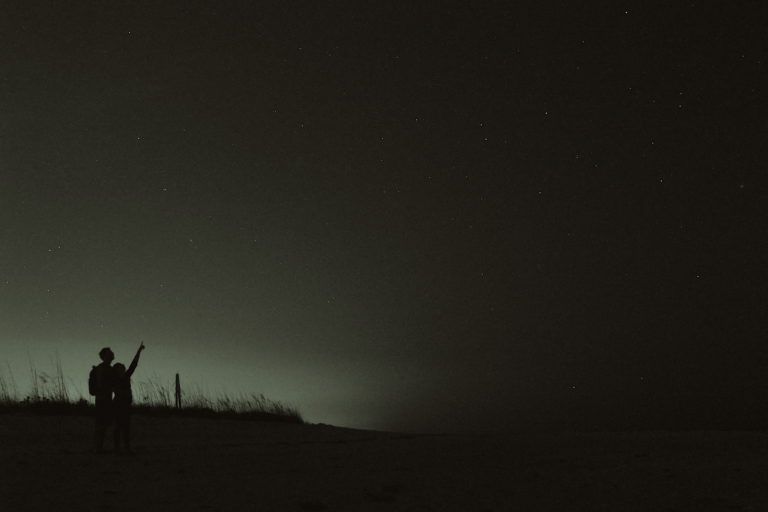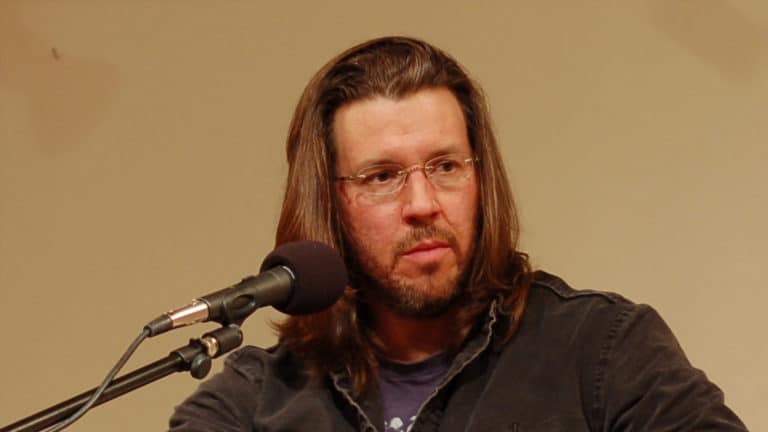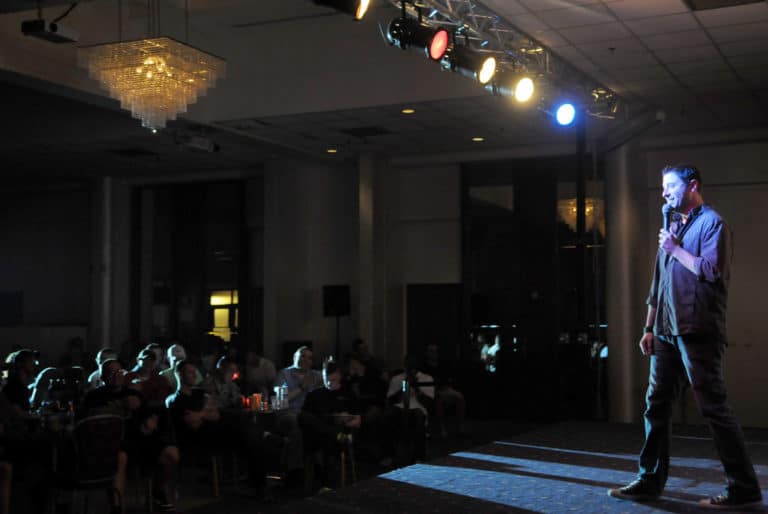It’s natural to remember your first attempts at fiction with a combination of wistfulness and shame. Sometimes I think about mine, an international, star-crossed love story that featured a man who dreamed in black and white and a woman who dreamed in color. I even remember one of the first sentences (blush): “She dreamed in orange and blue, of apricot beaches and cerulean seas.” This isn’t because I’m a sentimentalist. It’s because submitting this draft to a graduate school workshop yielded one of the most important editorial lessons in my writing life.
Like most, I came to writing after falling in love with reading, and the books I admired early on were lyrical and imaginative—works by Zora Neale Hurston and Toni Morrison and Vladimir Nabokov. I carried their words around with me, little candies tucked into my cheeks. Hurston in Their Eyes Were Watching God: “She stood there until something fell off the shelf inside her.” Morrison inBeloved: “There is a loneliness that can be rocked. Arms crossed, knees drawn up, holding, holding on, this motion, unlike a ship’s, smooths and contains the rocker. It’s an inside kind—wrapped tight like skin.” And who can forget the hypnotic opening of Nabokov’sLolita: “Lo-lee-ta: the tip of the tongue taking a trip of three steps down the palate to tap, at three, on the teeth. Lo. Lee. Ta.”
When I got to graduate school, the first story that emerged was an inadvertent imitation. I buried metaphors inside of metaphors, imbued symbols with Biblical importance, and indulged every urge to alliterate (cue: cerulean seas). My classmates and workshop instructor—a National Book Award-winning novelist, no less—were unimpressed. They called out my “purple” prose and flagged passages they deemed overwritten. Few could identify with the protagonist. Even fewer knew what my story was about. It turned out that the fanciful writing wasn’t seductive at all. It was distracting. Rather than pulling in readers, I was pushing them out.
Distraught, I revisited the books by my literary idols and made some key discoveries (and not just that my “poetic” prose was subpar). For starters, figurative language in itself does not a story make. The fiction I prized also had compelling plots and complex characters, components that my fixation on language had caused me to gloss over. Next, and as importantly, each lyrical work also included stretches of unadorned narration. Take Morrison in The Bluest Eye:“School has started, and Frieda and I get new brown stockings…” Or Nabokov in Lolita: “I was born in Paris in 1910. My father was a gentle, easy-going person…” Just because the authors knew how to do linguistic gymnastics didn’t mean they always had to. They seemed to recognize when their narratives merited stylized language and when they didn’t. That even when you had a thematically rich tale to tell (Morrison) or a hyper-literate, starry-eyed narrator (Nabokov), you couldn’t sacrifice the clarity of the story. To me, that wherewithal seemed as essential as the ability to write imaginatively in the first place.
With time, I learned to heed all the craft components in equal measure. I learned to discern when language undermined coherence. And I became a better editor, a fervent reviser, and a believer in the power of trusted critics. I also discovered that I had pioneered a new adjective. When, periodically, I’d interrupt a narrative with an unnecessarily florid passage, a few of my classmates would nod in collective agreement. “It’s a bit, you know, cerulean,” they’d say. And I’d know just what they meant.
